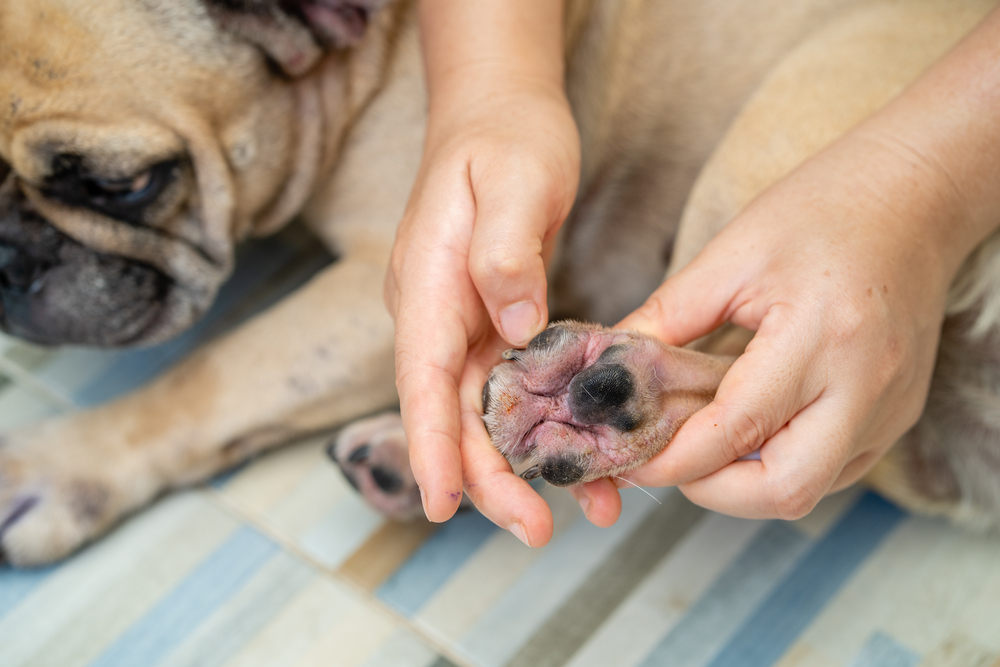
Cats, dogs, and other animals often show signs of pain in ways that may be easy to overlook. As a pet owner, learning to recognize these subtle changes can make a big difference in getting your furry friend the care they need.
Behavioral Changes
One of the earliest indicators of pain is a change in your pet’s behavior. A normally social dog may suddenly seem withdrawn, or a playful cat might avoid interaction. Other common changes include:
• Increased irritability or aggression
• Restlessness or pacing
• Reduced interest in toys, walks, or attention
• Hiding or seeking solitude
Physical Indicators
Pain can also affect your pet’s body language and movement. Look for:
• Limping or favoring one leg
• Difficulty getting up, jumping, or climbing stairs
• Stiffness, especially after rest
• Trembling or shaking without another clear reason
Eating and Drinking Habits
When pets don’t feel well, they may show changes in appetite or water intake. Keep an eye out for:
• Loss of interest in food or treats
• Difficulty chewing or dropping food
• Drinking significantly more or less than usual
Vocalization and Expressions
Sometimes pets will use their voice to let you know something is wrong. This can include:
• Whining, whimpering, or meowing more than usual
• Growling when touched in certain areas
• Unusual panting or heavy breathing
Even facial expressions can be telling - squinting, drooping ears, or a tense jaw may signal discomfort.
Grooming and Posture
Pain can influence how pets groom themselves and carry their bodies. Watch for:
• Excessive licking or chewing at a specific spot
• Neglecting grooming altogether
• Hunched or unusual posture
• Reluctance to move from one position
When to See Your Veterinarian
If you notice any of these signs, it’s best not to wait. Pain can stem from many causes, including arthritis, injuries, infections, or internal conditions. Early evaluation can prevent the issue from worsening and help your pet feel better faster.
If you suspect your pet is in pain, bring them in to Rockwall Urgent Vet for an evaluation. Our veterinary team can identify the cause and provide the relief your pet deserves. Visit our office in Rockwall, Texas, or call (469) 769-7222 for further guidance.







